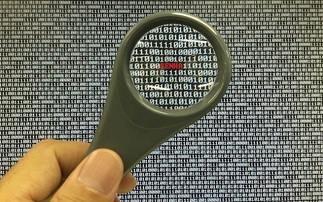Senate report suggests 20 acts of Chinese cyber-espionage took place in one year, with poor communication in US government also partly to blame
Chinese government-backed computer hackers repeatedly breached the networks of US military contractors including airline, shipping and technology firms involved in the movement of soldiers and equi...
To continue reading this article...
Join Computing
- Unlimited access to real-time news, analysis and opinion from the technology industry
- Receive important and breaking news in our daily newsletter
- Be the first to hear about our events and awards programmes
- Join live member only interviews with IT leaders at the ‘IT Lounge’; your chance to ask your burning tech questions and have them answered
- Access to the Computing Delta hub providing market intelligence and research
- Receive our members-only newsletter with exclusive opinion pieces from senior IT Leaders






















